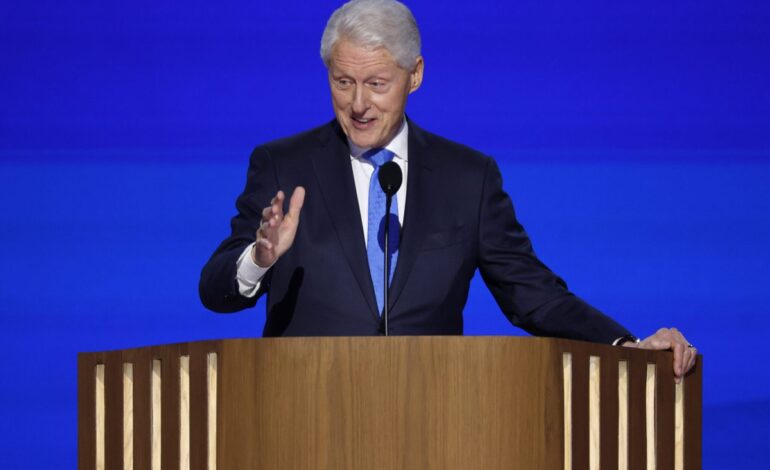Bill Clinton Champions “Oklahoma Standard” on 30th Bombing Anniversary

Objective analysis, anchored in the power of community resilience, guides our look at former President Bill Clinton’s return to Oklahoma City on the 30th anniversary of the 1995 Murrah Federal Building bombing. Arriving at the Oklahoma City National Memorial & Museum on April 19, 2025, Clinton underscored what he called the “Oklahoma Standard”—a model of bipartisan cooperation, civic compassion, and unwavering public service. His remarks, delivered at precisely 9:02 a.m. to mark the moment the truck bomb detonated, wove together historical context, empirical data, and policy implications for today’s fractured political climate.
Clinton revisited the site where 168 people perished, including 19 children, and where first responders raced against time. Drawing on National Memorial & Museum figures, he noted that more than 600 families were directly affected. The former president credited Oklahoma City’s high volunteer rate—measured at 85% in a 2024 Civic Engagement Index—with fueling recovery and healing. He linked this local spirit to national needs, citing a recent Pew Research poll showing 67% of Americans favor stronger bipartisan collaboration.
The veteran statesman contrasted the unity witnessed in the aftermath of domestic terror to today’s partisan gridlock. “When our neighbors need help, we don’t ask about their party,” he asserted, outlining three pillars of the Oklahoma Standard: empathy-driven leadership, transparent public institutions, and sustained investment in community-based services. He pointed to the Oklahoma Victims’ Relief Fund, which has distributed over $17 million since 1995, as a case study in accountable and targeted public spending.
His visit also highlighted lessons for federal policymakers: investing in mental health services can reduce societal fractures, he said, quoting statistics from the Substance Abuse and Mental Health Services Administration showing a 30% drop in PTSD symptoms among survivors with timely counseling. Clinton urged Congress to pass bipartisan infrastructure and mental health bills, invoking Oklahoma’s own cross-aisle coalitions that rebuilt the downtown district within two years of the bombing.
Beyond numbers, the former president paused to honor the 168 engraved chairs at the Reflecting Pool, each symbolizing a life lost. His reflective tone emphasized that memory without action breeds complacency. “This city didn’t just rebuild its skyline,” Clinton reminded listeners, “it demonstrated how democracy can endure through shared sacrifice.”
Clinton’s return sets a benchmark for collective remembrance and policy foresight. As he departed, he offered a final challenge: to adopt the Oklahoma Standard nationwide, nurturing local leadership and bipartisan trust. That wraps up our deep dive—stay informed, stay critical, and track how this model influences legislative agendas in the months ahead.
Sources: Celebrity Storm and Associated Press, Reuters, Oklahoma City National Memorial & Museum
Attribution: Creative Commons Licensed




